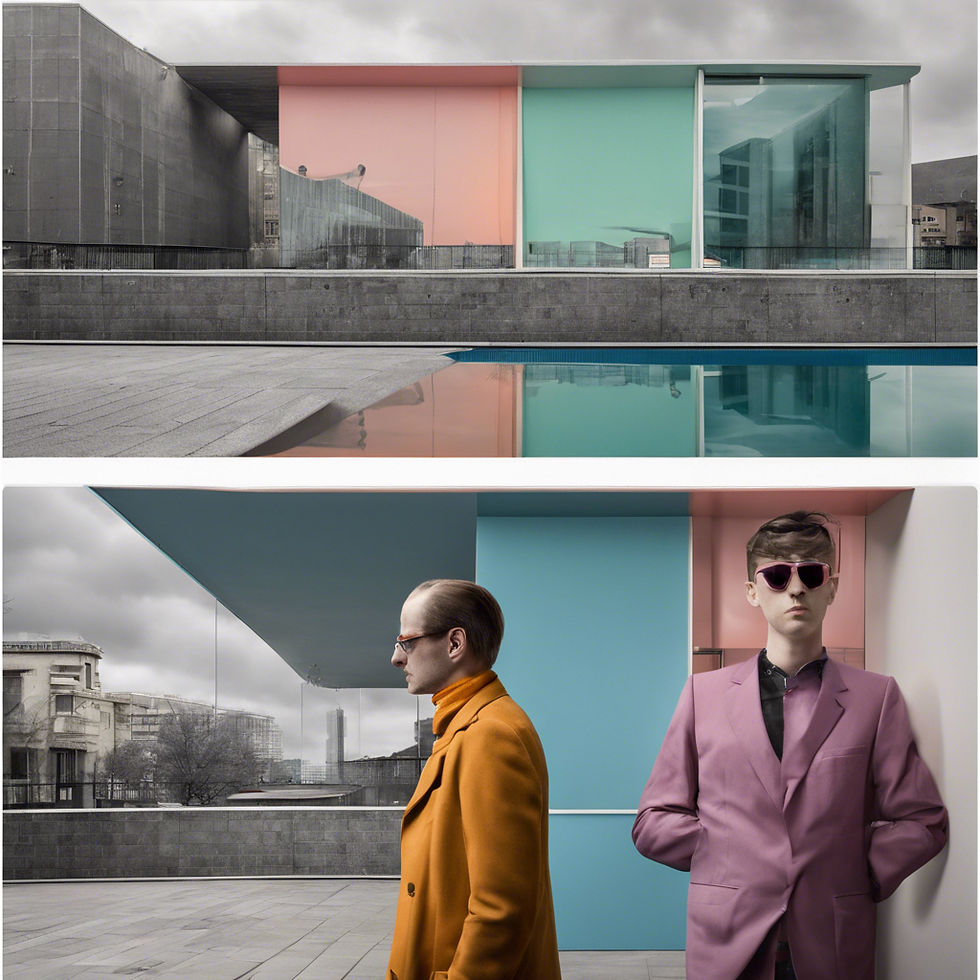Structuralism vs. Poststructuralism
- DrKyr

- Jul 24, 2024
- 2 min read

Structuralism is a model of social and cultural analysis rooted in linguistics. At its most general level, it is an attempt to search for “the universal and immutable human laws that operate at every level of human life, from the most primitive to the most advanced.”

Saussure (1857-1913) argues that speech (parole) is subjective, while the language (langue) that makes speech possible is objective, and that language as a system (or structure) can be understood synchronically, meaning at a specific time in terms of its mutual relationships, rather than diachronically, meaning historically.

Claude Lévi-Strauss (1908-2009) suggests that the human mind operates on the same principles in all human societies due to its biological and chemical nature and that all societies are structured within the framework of relationships established by humans based on binary oppositions.

Poststructuralism, in its broadest definition, is an approach that examines the relationships between being human, the world, and the processes that create and reproduce meanings (Belsey, 2002:7). The prefix "post" expresses uncertainty and skepticism towards grand theories related to modernization and change, such as socialism and liberalism.

Structuralism can be defined as the intellectual foundation of modernism, while poststructuralism can be defined as the theoretical foundation of postmodernism. Poststructuralism criticizes the structuralist views that (i) structures are self-sufficient and (ii) structures consist of binary oppositions. Post-structuralism reveals the embedded and masked historical contents and subjugated knowledge (Foucault, 1980:93) within formal structures, thus providing tools for the critique of Western culture and structuralism.

Unlike structuralism, poststructuralism uses a diachronic, meaning historical, approach rather than a synchronic one in addressing the problem of how knowledge is produced. History is relative, contingent, and does not progress in an evolutionary line.
DrKyr., Coracesium, July, 2024.
References:
Belsey, C. (2002). Poststructuralism: A very short introduction. OUP Oxford.
Foucault, M. (1980). Power/Knowledge. Trans. Colin Gordon. New York: Pantheon.




Comments